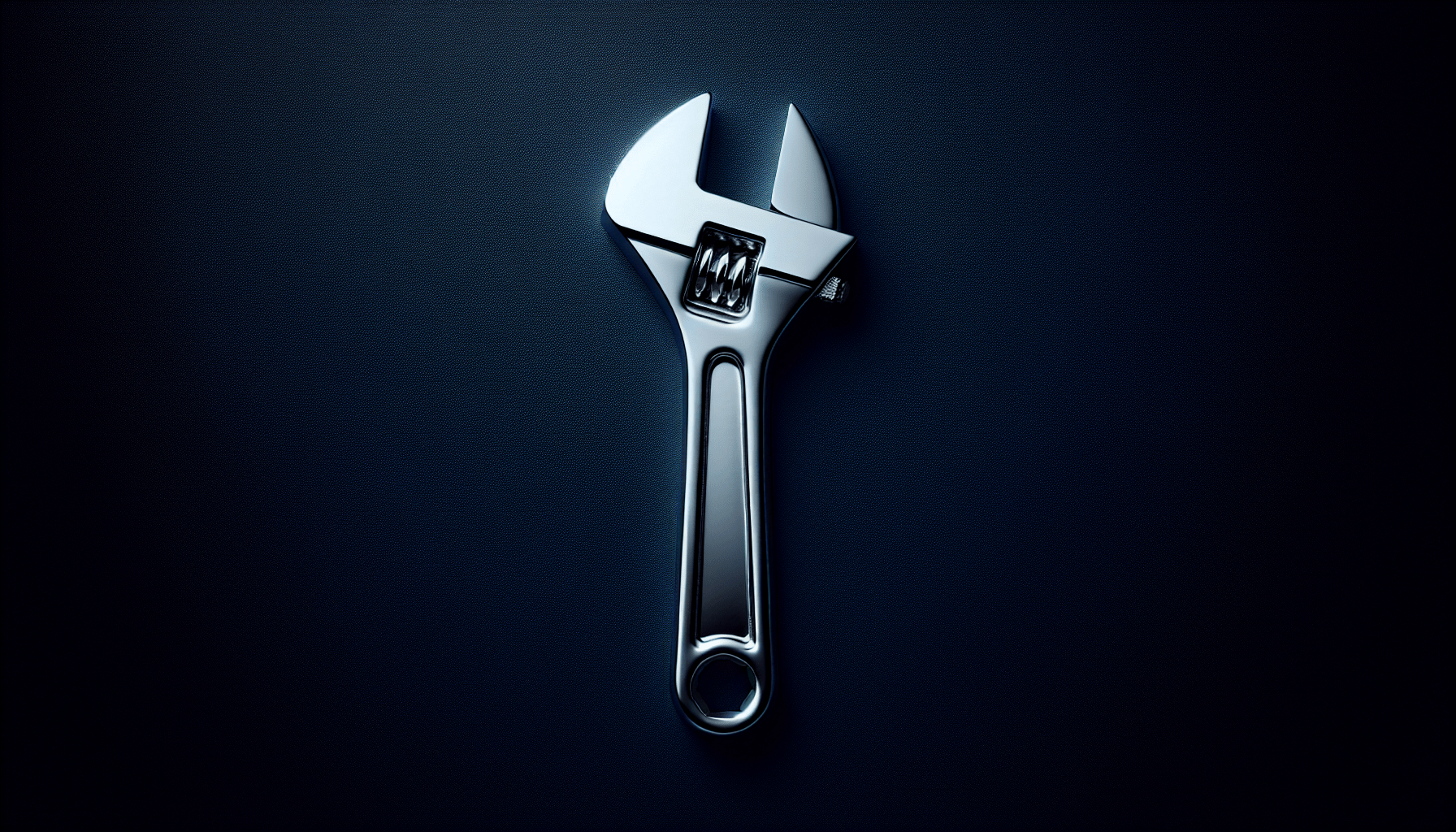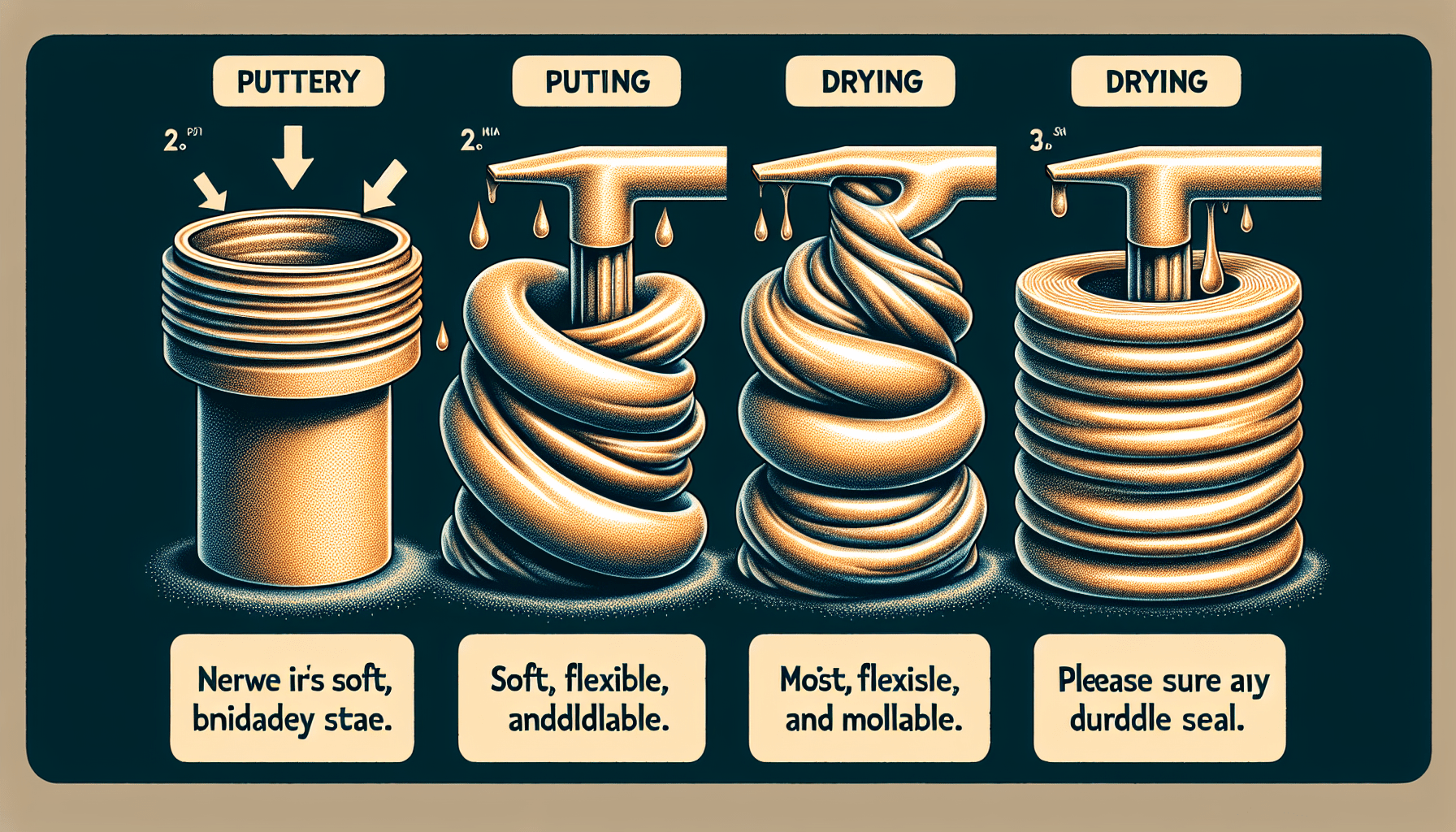So you want to become a master plumber in Kentucky? You’ve come to the right place! In this article, we will guide you through the process of receiving your master plumber license in Kentucky step by step. From meeting the necessary requirements to completing the required exams, we will provide you with all the information you need to kickstart your journey towards becoming a licensed master plumber in the beautiful state of Kentucky.
Eligibility Requirements
To obtain a master plumber license in Kentucky, there are several eligibility requirements you need to meet. These requirements cover areas such as age, experience, education, and passing the necessary exams. Additionally, a background check is conducted to ensure your suitability for the role.
Minimum Age Requirement
The first step in becoming a licensed master plumber is to understand and meet the minimum age requirement set by the state. In Kentucky, you must be at least 18 years old to apply for a master plumber license. It is crucial to verify this requirement before proceeding with the application process.
Experience and Apprenticeship
Gaining relevant work experience is an essential component of becoming a master plumber. Prior to applying for a license, it is wise to acquire hands-on experience in the plumbing field. One way to do this is by completing an apprenticeship program under the guidance of a licensed plumber. During the apprenticeship, you will learn valuable skills and gain practical knowledge that will prepare you for the responsibilities of a master plumber.
Keeping track of the required hours is crucial during the apprenticeship program. Each state has specific hour requirements that apprentices must meet before becoming eligible to apply for a license. In Kentucky, you are required to complete 5760 hours of apprenticeship, which typically takes around four years to accomplish. Make sure to keep meticulous records of your work hours to meet this requirement.
Education and Training
Researching the educational requirements for a master plumber license is an important step in the process. In Kentucky, you are expected to enroll in a plumbing program or trade school that provides the necessary coursework to develop your plumbing skills and knowledge. It is crucial to select a reputable institution that offers a comprehensive curriculum specific to plumbing principles.
Throughout your educational journey, you will cover topics such as plumbing systems, codes and regulations, safety procedures, and blueprint reading. Completing these courses will equip you with a solid foundation in plumbing principles and prepare you for the licensing exams.
Passing the Exams
Successfully passing the licensing exams is a significant milestone in obtaining your master plumber license. To tackle these exams with confidence, make sure you familiarize yourself with the exam format beforehand. Understanding the structure and content of the exam will help you prepare more effectively.
A key component of the plumbing exams is knowledge of the relevant plumbing code. Research the specific plumbing code that applies to your state, which in this case would be the Kentucky Plumbing Code. Dedicate time to studying and understanding this code as it will be essential for your success in the exams.
Utilize study materials and resources readily available to you. There are numerous textbooks, online courses, and practice exams designed to help you prepare for the licensing exams. Take advantage of these resources and develop a study plan that suits your learning style. Taking practice exams will allow you to assess your knowledge and identify areas that require further attention.
Once you feel adequately prepared, schedule and take the official licensing exam. Ensure that you allocate sufficient time for preparation and take the exam with confidence. Remember to read and follow all exam guidelines and protocols to ensure a smooth testing experience.
Background Check
As part of the application process for a master plumber license, a background check is conducted to verify your suitability for the role. This background check ensures that you have a clean record and do not pose any risks to public safety. Cooperate fully with the licensing board during this process and provide any necessary documentation or information they require.
Application Process
Once you have fulfilled all the eligibility requirements, you can proceed with the application process for your master plumber license. This process involves submitting an application to the licensing board and providing all the necessary documentation.
Obtain the Application Form
To begin the application process, obtain the official application form from the licensing board. This form will contain all the information required to apply for a master plumber license in Kentucky. Ensure that you obtain the most up-to-date version of the form, either by downloading it from the licensing board’s website or contacting them directly.
Fill out the Application Accurately and Completely
When filling out the application form, pay close attention to accuracy and completeness. Provide all the required information, including personal details, contact information, and educational background. Double-check your responses to avoid any errors or omissions that may delay the application process.
Include All Required Documentation
The application will typically require you to submit specific documents to support your eligibility. These documents may include proof of age, completion of apprenticeship hours, educational transcripts, and any other relevant certificates. Gather all the required documents and ensure they are submitted with your application.
Pay the Application Fee
As part of the application process, you will be required to pay an application fee. This fee covers the administrative costs associated with processing your application. Make sure to pay the fee promptly and follow the prescribed payment methods accepted by the licensing board.
Submit the Application to the Licensing Board
Once you have completed the application form, included all necessary documentation, and paid the application fee, it is time to submit your application to the licensing board. Ensure that you follow their specific instructions for submission, whether it is through an online portal, by mail, or in-person. Keep copies of all submitted documents for your records.
Review and Approval
Once your application has been submitted, it will undergo a review process by the licensing board. During this stage, the board will assess your application, verify the information provided, and determine if you meet all the requirements for a master plumber license.
Await Review by the Licensing Board
After submitting your application, you will need to be patient while waiting for the licensing board to review your file. The duration of the review process may vary, but it is essential to remain accessible and responsive to any inquiries or requests from the board.
Address Additional Requirements or Requests
During the review process, the licensing board may request additional information or documentation to support your application. It is crucial to respond promptly and provide the requested materials as accurately as possible. Failure to comply with these requirements may delay the approval process.
Cooperate with Verification or Interviews
As part of the review process, the licensing board may conduct verification checks or interviews to ensure your qualifications and suitability. Cooperate fully with these procedures, providing any requested information or attending any required interviews. Remember to present yourself professionally and demonstrate your competence in the plumbing field.
Wait for the Approval Decision
Once the review process is completed, the licensing board will make a decision regarding your application. You will be notified of their decision, whether it is approval or denial of your master plumber license. If approved, you can proceed with the remaining steps of the process. If denied, review the reasoning provided by the board and consider any necessary actions to address the concerns raised.
Continuing Education
As a licensed master plumber, it is important to stay updated with the latest advancements and regulations in the field. Continuing education is a requirement to ensure you maintain your knowledge and skills.
Understand the Continuing Education Requirements
Familiarize yourself with the continuing education requirements set by the licensing board. Each state has specific hour requirements that licensed plumbers must fulfill within a designated time period. In Kentucky, master plumbers are required to complete 6 hours of continuing education annually.
Complete the Necessary Hours of Training
Identify reputable sources of continuing education and complete the required hours of training. These training programs cover a wide range of topics, including new plumbing technologies, code updates, safety procedures, and business practices. Choose courses that align with your professional goals and deepen your expertise in specific areas of the plumbing industry.
Keep Records of Your Continuing Education Activities
It is crucial to maintain detailed records of all your continuing education activities. Keep track of the courses you attend, the hours completed, and the dates of completion. These records will serve as evidence when it comes time to renew your license.
Renew Your License Regularly
To maintain an active master plumber license, you must renew it regularly according to the renewal requirements set by the licensing board. Stay informed about the renewal process and deadlines to ensure you submit the necessary documentation and fees on time. Renewing your license promptly will prevent any lapse in your professional status.
License Renewal
Renewing your master plumber license is a crucial step in ensuring your continued professional practice. It is essential to familiarize yourself with the renewal process and meet all the requirements.
Review the Renewal Process and Deadlines
Well in advance of your license expiration date, review the renewal process and any deadlines set by the licensing board. Understand the documents, fees, and other requirements needed for a successful renewal. Mark your calendar with the renewal deadline to ensure you submit all necessary materials promptly.
Submit the Renewal Application
Complete the renewal application accurately and comprehensively. Update any personal information as necessary and provide any required documentation or certifications. Pay close attention to details and double-check your application to avoid any errors.
Pay the Renewal Fee
Remember to pay the renewal fee as stipulated by the licensing board. Ensure that you are aware of the accepted payment methods and submit the fee before the renewal deadline. Late payment may result in additional fees or the inability to renew your license.
Provide Evidence of Completing Continuing Education
As part of the license renewal process, you may be required to provide evidence of completing the necessary hours of continuing education. Submit the appropriate documentation, such as certificates or transcripts, to verify your compliance with this requirement. Always retain copies of these documents for your records.
In conclusion, obtaining a master plumber license in Kentucky requires meeting specific eligibility requirements, completing the application process accurately, passing the necessary exams, and engaging in continuing education. By following these steps, you can embark on a rewarding career as a licensed master plumber in the state of Kentucky. Good luck on your journey to becoming a skilled plumbing professional!





